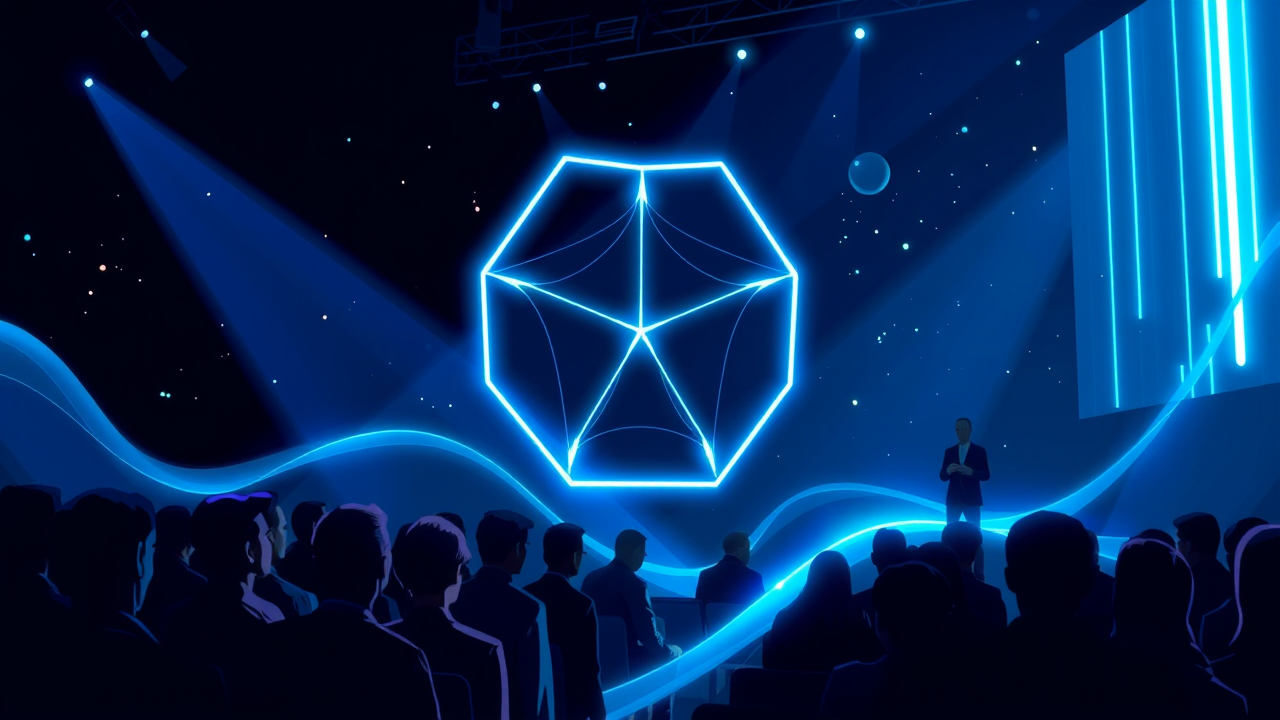Microsoft CTO Kevin Scott on AI Strategy at TechCrunch Disrupt
When Microsoft CTO Kevin Scott takes the stage at TechCrunch Disrupt 2025, it won't merely be another corporate keynote; it will be a strategic dispatch from the epicenter of the most significant computational paradigm shift since the advent of the personal computer itself. For those of us who spend our days parsing the dense mathematics of transformer architectures and debating the thorny path to Artificial General Intelligence (AGI), Scott’s perspective is uniquely consequential.He is not just an executive; he is an architect operating at a scale that few can comprehend, steering a technological supertanker through the turbulent, uncharted waters of large language models and generative AI. His role is a fascinating case study in applied AI research, bridging the often-esoteric world of academic labs, like those at OpenAI which Microsoft has so astutely partnered with, with the brutal, scaling realities of global cloud infrastructure via Azure.This is the grand challenge of our era: moving from a proof-of-concept in a research paper to a robust, reliable, and responsible service capable of handling billions of queries for millions of users, from Fortune 500 companies to a solo developer building the next disruptive startup. Scott’s strategy, as we’ve observed, appears to be a multi-pronged offensive.There’s the foundational model layer, where the partnership with OpenAI grants access to the cutting-edge frontier models like GPT-4 and its successors, models that are becoming increasingly multimodal, processing not just text but images, audio, and eventually, complex, multi-step reasoning tasks. Then, there’s the platform play, where Azure AI becomes the indispensable operating system for this new era, offering these powerful models as a service, alongside a suite of tools for fine-tuning, safety filtering, and deployment.This democratizes access, allowing a startup with a brilliant idea but limited GPU clusters to compete on a nearly level playing field, leveraging computational resources that would have been unimaginable a decade ago. But the real genius, from a technical strategy standpoint, is the integration layer—the Copilot ecosystem.By embedding AI directly into the productivity tools where billions of work-hours are logged daily—Windows, Microsoft 365, GitHub—Scott is ensuring that AI becomes ambient, a co-pilot that augments human capability rather than a separate, intimidating application. This creates a powerful, self-reinforcing flywheel: usage generates data, data improves the models, and better models drive more usage.However, this grand vision is not without its profound technical and ethical quandaries, topics I expect Scott will be pressed on. The computational cost of inference for these massive models is staggering, raising urgent questions about sustainability and energy consumption, pushing the entire industry toward more efficient silicon, like Microsoft’s own custom AI chips.The opacity of these 'black box' models presents a massive challenge for debugging and ensuring fairness, a field known as interpretability that is still in its academic infancy. And looming over it all is the regulatory specter; how do we govern systems that are, by their nature, probabilistic and unpredictable? For startups watching Scott’s talk, the message will be a mix of immense opportunity and a daunting competitive landscape.The opportunity lies in building specialized applications on top of these foundational platforms, solving niche problems that a generalist model like GPT-4 cannot address out-of-the-box. The threat is the sheer velocity of platform expansion; a feature a startup is building today could be integrated directly into the Copilot stack tomorrow. Scott’s Disrupt appearance is therefore more than a presentation; it’s a live look into the strategic roadmap of a company betting its entire future on AI, a masterclass in how to translate theoretical breakthroughs in machine learning into a global, industrial-scale reality that will redefine the very nature of work, creativity, and innovation for a generation.
Latest News
It’s quiet here...Start the conversation by leaving the first comment.
